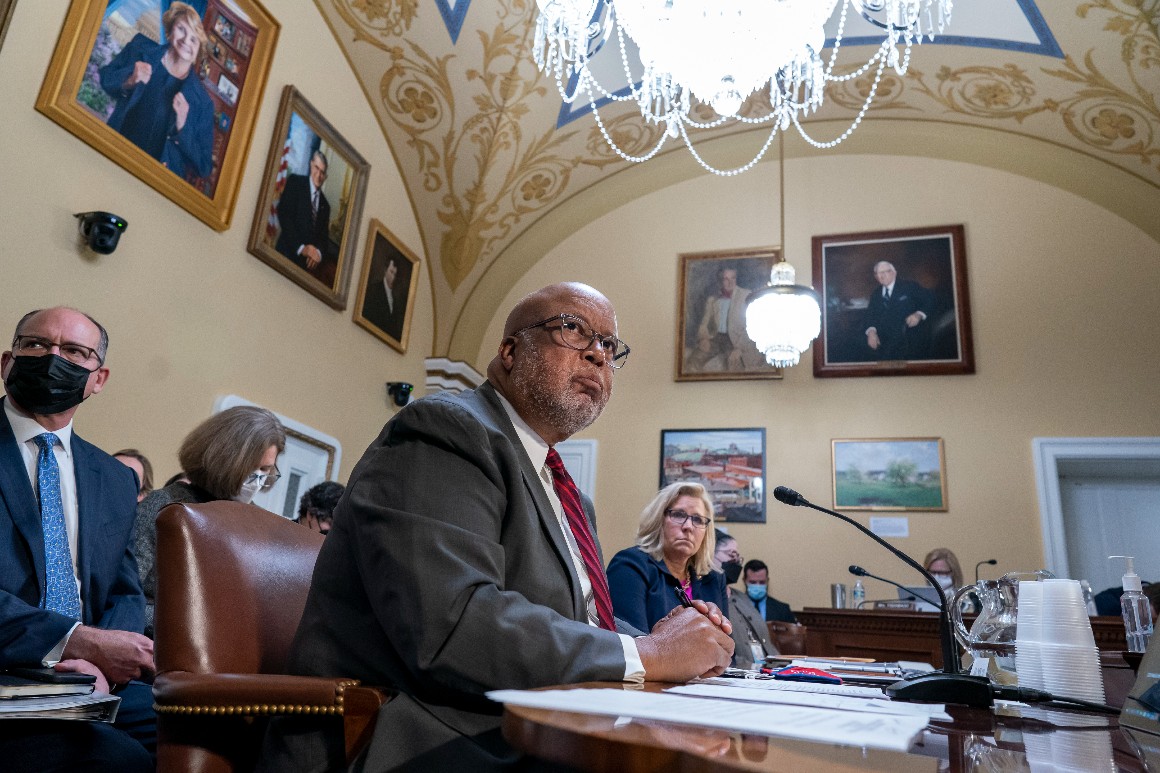A previously unreported email from one of Raffensperger’s top aides, Jordan Fuchs, was also turned over to the committee. In it, Fuchs responded to Meadows’ Dec. 22, 2020, trip to Georgia’s Cobb County during the state’s signature match audit. He emailed Meadows to “clarify a few items” about the rejection rate of absentee ballots — something Trump and his allies had alleged was much lower than normal.
Fuchs’ note included the text of a press release sent out by the secretary of State’s office a month beforehand with a more thorough explanation of how the office evaluated absentee ballots.
Meadows’ attorney did not respond to a request for comment.
Also included in the document dump are emails between Sen. Lindsey Graham’s and Raffensperger’s offices, which shows how a previously reported call between the two officials came about roughly two weeks after the 2020 election.
“Hope you are doing well. Senator Graham has requested a call w/ Sec. Raffensperger at his earliest convenience,” a Graham staffer told two of Raffensperger’s top aides on Nov. 12, 2020. The call between the two men ended with Graham indicating to Raffensperger some ballots should be tossed out, the Georgia official said later.
Graham’s office declined to comment.
The state also turned over a previously reported audio recording of a Dec. 23, 2020, call between Trump and Frances Watson, the chief investigator in the Georgia secretary of state’s office, and a brief call between Watson and an unidentified staffer. In the Dec. 23 call, Trump had urged Watson to find “dishonesty” in the state’s election results.
Forged election documents in Michigan and Arizona
As Trump’s team pushed its discredited voter fraud narrative, the National Archives received forged certificates of ascertainment declaring him and then-Vice President Mike Pence the winners of both Michigan and Arizona and their electors after the 2020 election. Public records requests show the secretaries of state for those states sent those certificates to the Jan. 6 panel, along with correspondence between the National Archives and state officials about the documents.
Spokespeople for the Michigan and Arizona secretaries of state declined to comment on the documents. The offices confirmed that Michigan Secretary of State Jocelyn Benson and Arizona Secretary of State Katie Hobbs, both Democrats, and their staff met with the panel in November.
“They mostly discussed election administration in Arizona, the 2020 elections, threats/harassment directed toward the office, and the Cyber Ninja’s partisan ballot review,” said Hobbs’ spokesperson C. Murphy Hebert.
Benson and her staff took questions from the committee on the 2020 election and events leading up to the Jan. 6 riot, according to Tracy Wimmer, a spokesperson for Benson.





